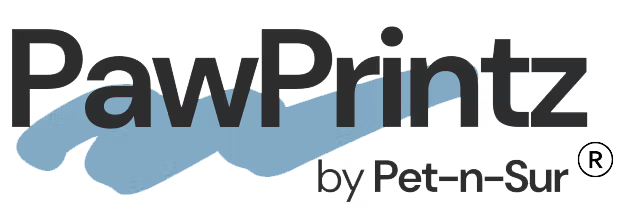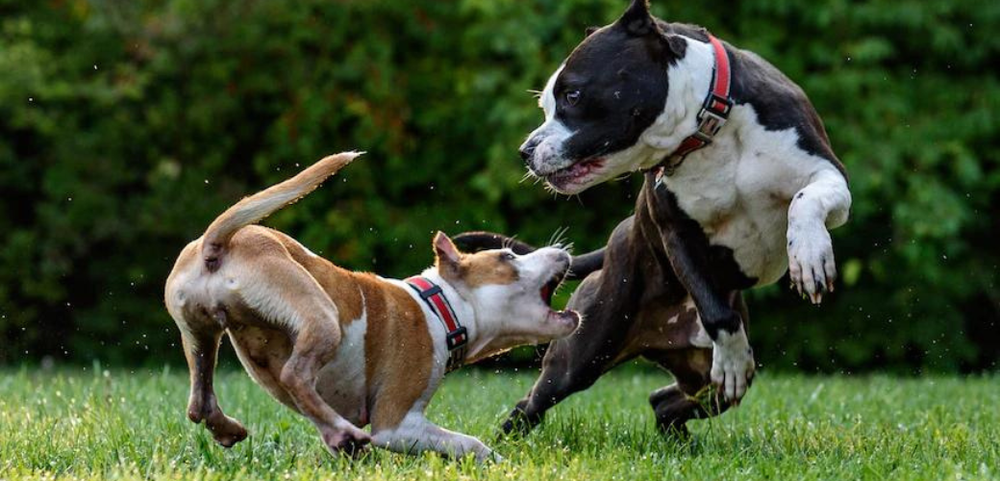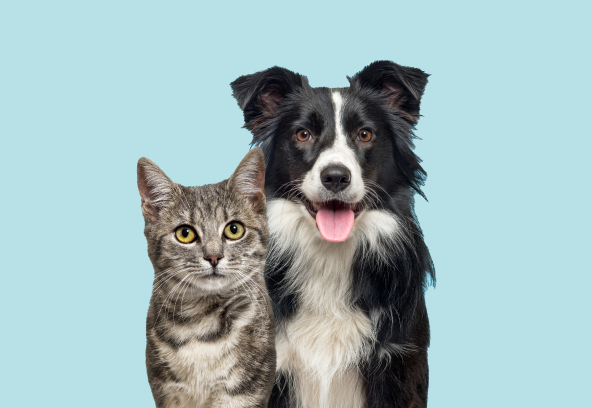Interactions between dogs can lead to unexpected incidents. Whether your dog is the aggressor or victim, addressing the issue delicately can minimise stress...
20 March 2024
Interactions between dogs can sometimes lead to unexpected incidents, leaving both dog owners feeling uncomfortable. Handling these incidents with compassion, understanding, and a pragmatic approach is crucial to ensuring the safety and well-being of everyone involved. Whether your dog is the aggressor or the victim, addressing the issue delicately can strengthen relationships and minimise stress.
If Your Dog is the Aggressor
Discovering that your beloved pet has been involved in an altercation can be distressing. First and foremost, ensure the safety of all humans and animals present. Calmly remove your dog from the situation and give both dogs some space. Stay composed; your dog will sense your emotions.
Apologise to the other dog's owner, acknowledging the incident and expressing genuine concern for their dog's well-being. Be prepared to exchange contact information and discuss potential solutions together.
If the two dog owners are friends, approach the conversation with empathy. Understand that emotions will be running high, but you can preserve your friendship with open communication. Acknowledge the incident's impact on both parties and work collaboratively towards a solution. Remember, fostering a positive relationship is critical.
Regarding vet bills or insurance excess, address the issue responsibly. If your dog's actions caused injury to the other dog, offer to cover reasonable veterinary expenses. This gesture demonstrates your commitment to resolving the situation and eases the financial burden on the other owner. If both parties have pet insurance, discuss the claims process and support each other through it.
If Your Dog is the Victim
Seeing your dog in distress due to an incident can be heart-wrenching. Prioritise your dog's well-being by seeking immediate medical attention if needed. After ensuring your dog's safety, approach the other owner calmly but assertively. Express concern for your dog and discuss the incident from an objective standpoint.
If the two dog owners are friends, remember your friendship is valuable. Focus on addressing the issue at hand rather than assigning blame. Emphasise your desire to find a solution that prevents such incidents in the future.
Regarding vet bills or insurance excess, be forthright but considerate. Politely discuss financial matters, including potential reimbursement for medical expenses. Approach the conversation with a collaborative mindset, seeking a solution that minimises strain on both parties.
General Advice
Stay Calm: You must remain composed whether your dog is the aggressor or victim. Dogs can sense emotions and react accordingly.
Apologise and Express Concern: Acknowledge the incident and show genuine concern for the other dog's well-being. Compassion goes a long way in diffusing tense situations.
Open Communication: Engage in open and respectful communication with the other owner. Address the incident objectively and focus on finding solutions.
Prioritise Safety and Well-being: Ensure that all dogs and humans involved are safe and receive appropriate medical attention if necessary.
Preserve Relationships: If the two dog owners are friends, approach the situation with the intention of maintaining the friendship. Focus on mutual understanding and resolution.
Address Financial Matters Responsibly: Discuss vet bills and insurance issues openly and considerately. Collaborate on finding a solution that works for both parties.
Learn and Prevent: Analyse the incident to understand what triggered it and how to prevent future occurrences. Invest time in training and socialising your dog.
Dealing with a dog incident requires sensitivity, empathy and a pragmatic approach. By prioritising safety, open communication and maintaining a supportive tone, you can navigate these challenges while fostering positive relationships and ensuring the well-being of all involved.



